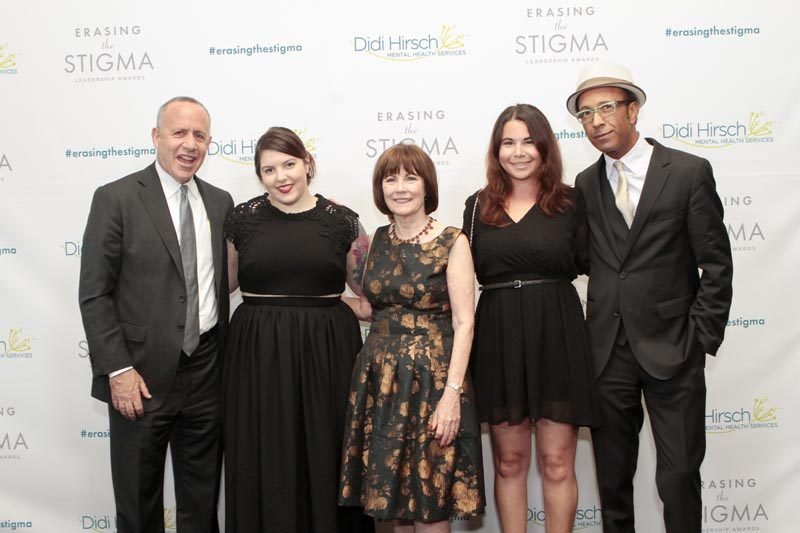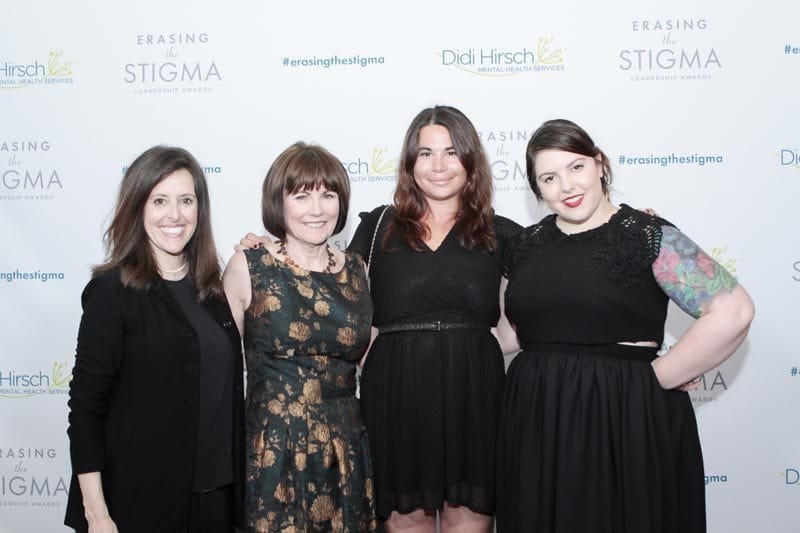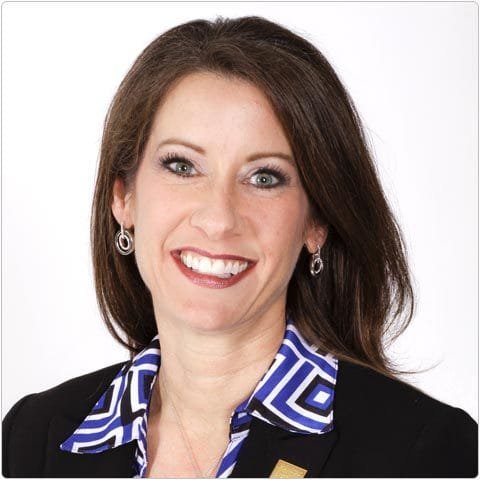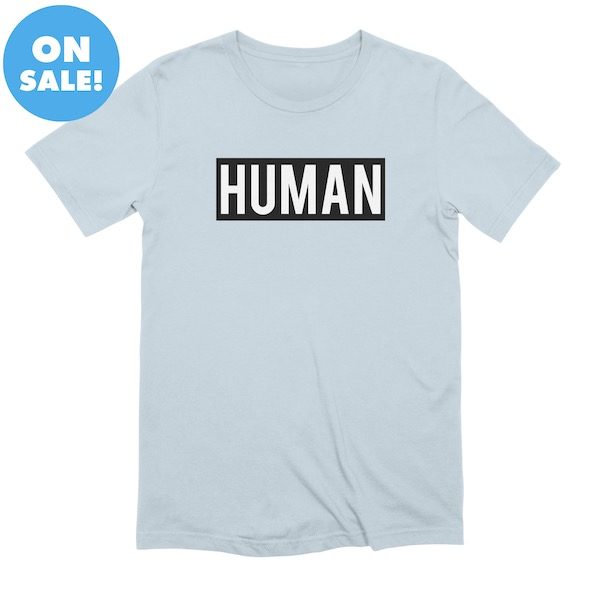One topic which continues to rear its ugly head in the news and across social media is teen self-harm, which includes things such as suicide, cutting, intentional alcohol and drug overconsumption, and more.
While bullying is often cited as a cause of the depression which leads to self-harm, the roots can stem from anything from family pressure to relationship troubles to bonafide mental illness.
One organization seeks to combat teen self harm and suicide through awareness and direct counselling. Didi Hirsch Mental Health Services is a Southern California entity which, among other services, operates a teen suicide prevention hotline at 800-TLC-TEEN (852-8336).
Didi Hirsch recently held a fundraiser and award ceremony at the renown Beverly Hilton dubbed the Erasing the Stigma Leadership Awards, where it raised over $450,000 for mental health and substance abuse treatment while also honoring several passionate champions of mental health awareness and suicide prevention.
Here are some of the pictures from the event, and be sure to keep scrolling for an exclusive interview with Lyn Morris, Senior Vice President, Clinical Operations at Didi Hirsch Mental Health Services who explains more about the organization, the awards ceremony, and how teens can help if someone they know if considering self-harm, including suicide.





And now, without any further ado, here is our interview with Lyn Morris, MFT, Senior Vice President, Clinical Operations at Didi Hirsch Mental Health Services who was willing to answer some important questions for us.


Can you please start us off my explaining a little about the Didi Hirsch organization?
Didi Hirsch Mental Health Services provides mental health, substance abuse and suicide prevention services to children and adults who live in communities where stigma or poverty limits access. We have 11 locations in Los Angeles and Orange Counties—including three residential treatment centers–and counselors in nearly 100 schools. Our Suicide Prevention Center is the first in the nation to have a 24/7 hotline and now takes more than 62,000 calls, chats and texts each year.
Can you tell us a little about the Leadership Awards and this year’s honorees?
Didi Hirsch held its first Erasing the Stigma Leadership Awards in 1997, honoring then-Second Lady Tipper Gore for sharing her history of depression. Since then we have honored nearly 50 artists, athletes, authors, activists and others who have helped erase the stigma of mental illness, including Ronda Rousey, Kid Cudi, Natasha Tracy, Michael Angelakos and Ross Szabo. This year’s honorees include:
- Mary Lambert (Mental Health Ambassador). She has used her music such as her song, “Secrets,” which features lyrics about her experience living with bipolar disorder, to erase the stigma of mental illness.
- NBA New Orleans Pelicans forward Ryan Anderson (Leadership Award). He became an advocate for suicide prevention after losing his girlfriend, Gia Allemond, to suicide.
- Former California Sen. Darrell Steinberg (Leadership Award). He authored the Mental Health Services Act of 2004 which has raised more than $13 billion for mental health services in California.
- Jordana Steinberg (Leadership Award). She is Darrell’s daughter and a college student who has spoken publically about her experience with a severe childhood mood disorder.
- Howie Mandell (Beatrice Stern Media Award) . A judge on “America’s Got Talent,” he has spoken and written about his ongoing struggle with OCD and ADHD.
One of the services offered by Didi Hirsch is the TeenLine. Can you tell us more about that?
We have a partnership with TeenLine, which has “teens helping teens” nightly from 6 pm – 10 pm. That number is 800-TLC-TEEN (852-8336) toll-free in California only. Didi Hirsch’s crisis counselors answers TeenLine during all other hours.
What is the most important thing you think teens should know about mental health?
There is help available and you can get better.
With the NIMH recently withdrawing support for the DSM-5 (the “bible” of mental illness) due to lack of validity, it seems that the definitions for specific diagnoses used by mental health professionals have to be re-evaluated. How do you distinguish actual mental illness from someone just having a rough time dealing with life’s circumstances—which happens to all of us at some point?
Mental illness is mild to severe disturbance in thoughts, mood or behavior that makes it difficult for a person to function. Feeling sad or low from time to time is a normal part of life. But if those feelings persist to the point where a person is not functioning in a normal way, he or she should be evaluated by a mental health professional.
Early warning signs of a mental health problem can include eating or sleeping too much or too little, pulling away from people and usual activities, experiencing severe mood swings that cause problems in relationships, having difficulty performing daily tasks or feeling hopeless or helpless.
And for teens who are thinking about self-harm, such as cutting or even suicide: what tips could you give to cope in the meantime when things get bad, and before they can reach some help?
Call the National Suicide Prevention Lifeline at 1-800-273-8255. Our crisis counselors are trained to help teens thinking about self-harm or suicide.
What should I do if I am a teen and one of my friends is acting distraught and suicidal—and they refuse to call a help line? In other words, it’s just me and her/him.
If you or someone you care about is in imminent danger of suicide, call 911. Other tips:
- Never agree to keep suicidal thoughts in confidence. Inform an adult family member.
- Express your concern . Be empathic and non-judgmental.
- Listen. You may be scared, especially if the person is someone who is close to you. However, it is important to listen to how they are feeling without overreacting.
- Ask directly about their suicidal thoughts – “Are you thinking of killing yourself?”
- Take suicidal thoughts and feelings seriously.
- Ask if he/she has developed a plan of suicide.
- Remove lethal means of suicide from the person’s home.
- Let him/her know that suicidal feelings are temporary, that depression can be treated, and that problems can be solved.
Over time, what do you think are the biggest changes as far as the pressures and problems teenagers are facing these days as opposed to fifteen years ago?
Facebook, Instagram and other forms of social media, which didn’t exist 15 years ago, are exposing teens to additional social pressures at a time in life when they are experimenting with their independence and other issues like drugs and sexuality. Unfortunately, they can be shamed, humiliated and bullied by thousands of people through social media, which puts vulnerable teens in danger and at times has led to suicide.
Drug production to treat mental health issues like ADHD in kids has soared since the 1990s. For anyone who wants treatment for ADHD symptoms, but doesn’t want to risk getting side effects from amphetamines and other stimulants, what do you recommend?
Ask questions, be informed and discuss treatment options with a psychiatrist and therapist in order to determine what treatment is best suited for the child.
Is there anything in particular which gives you hope that we will one day conquer mental illness?
I have hope that one day mental illness will be viewed and treated with the same humanity and dignity as any other medical illness so people feel comfortable reaching out for help earlier which can help reduce the severity and progression of mental illness.
For more information, please visit http://www.didihirsch.org/

